Get your creative work off the Internet!
In the last months, I've been up to my neck in... well, everything. Rather than go through a round of "where have you been," I thought I'd tell you about the decisions we've made, why we made them, and what we did.
In the fall of last year, a couple of our WordPress websites were hacked. With the help of Super Steve, I was able to quickly, and quite smugly I might add, fix the sites. Everything was super awesome, until the sites were hacked again. With the help of our awesome host, DreamHost, we were able to fix our problem. We installed an awesome plugin (Better WP Security) which forced us to change some habits and all was well.
But getting hacked twice in rapid succession really did something to me.
I started to look around the world. Without much effort, I found that Antivirus software makers are at least a month or more behind virus protection.
"Consumers and businesses spend billions of dollars every year on antivirus software. But these programs rarely, if ever, block freshly minted computer viruses, experts say, because the virus creators move too quickly."
I knew that even the best antivirus software couldn't keep me from catching at trojan or having problems with the software I use every day (story for another day), because I had Kaspersky installed a few years ago when I caught not one but two trojans, back to back.
"Even the most modern version of antivirus software doesn't give consumers or enterprises what they need to compete in the hacker world," said Dave Aitel, CEO of security consultancy Immunity. "It's just not as effective as it needs to be." (CNNMoney)
I also knew that the government was pushing Google, Facebook, and others to release personal search information. Let's face it. As the author of the Alex the Fey thrillers, my search history wreaks of all kinds of conspiracy theories. Just last week, while the country was in the grips of the Boston Terrorist search, Congress passed CISPA, a cousin to SOPA, would amend the National Security act of 1947 to include what the government believes is a "cyber threat."
"Those groups argue CISPA contains too few limits on how and when the government may monitor a private individual’s Internet browsing information. Additionally, they fear that such new powers could be used to spy on the general public rather than to pursue malicious hackers." (Wikipedia)
This is a big deal
1. Hacking can destroy your business. A targeted hack can take any and all of my creative work and thus my business. A targeted hack can also insert things into a manuscript that weren't there before. Cyberattacks are a huge threat to small creative businesses such as mine.
2. My browser history is suspicious. For the last Alex the Fey thriller, I needed to figure out what exactly was the military capability of North Korea, China, and Russia. I spent days on Google Earth reviewing the landscape of China, North Korea, and Russia. I also researched a variety of US military bases, often on the same day. I have research articles on everything from jihadist propaganda to how to make a bomb. For the Tax Assassin, I spent so much time researching Pinon Canyon Maneuver Site that I could tell you where everything is located on the site. I look so suspicious that when I'm on military sites for a while, they turn on my webcam to look at me. (You have to agree to this kind of visit after you've been on enough sites for long enough.)
This is what I did
Rather than curse the world, shake a fist at lawmakers (I do that enough over their complicity in the destruction of honeybees), I bought an inexpensive computer that I use just for the Internet.
Done.
I use my original computer to write, store my research, and for all of our household finances. I back up the computer to an external hard drive.
The computers are connected via a KVM switch which allows me to use one monitor for both computers.
There is no way to keep hackers out. Period. If they want to get in, they will, regardless of your software, firewalls, or any other efforts.
If you are a creative person, I strongly encourage you to do the same thing. Inexpensive internet computers are easily available. Heck, some eReaders work really well on the Internet.
The best way to protect your creative endeavors is to remove them from the Internet.
Update 5/29/13
Newsweek published a story about Jester, the world's most successful spy/hacker. Part hero, part mysterious creature, Jester manages to work without every being prosecuted. (Aaron Swartz's "crime" was downloading a few freakin' magazines from MIT. He faced $1million in fines and 35 years in prison.)
-----
